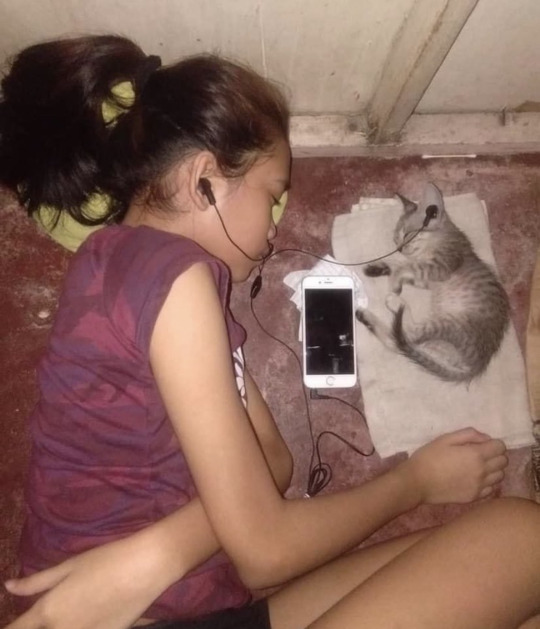Text
I don’t remember where this story was from but it was about how the writers older brother died when he was young and years later had a son who, had never met the brother had the same mannerisms as him. Ok I think I remember the key words were “my son drinks from the water fountain like my brother” or something
40K notes
·
View notes
Text
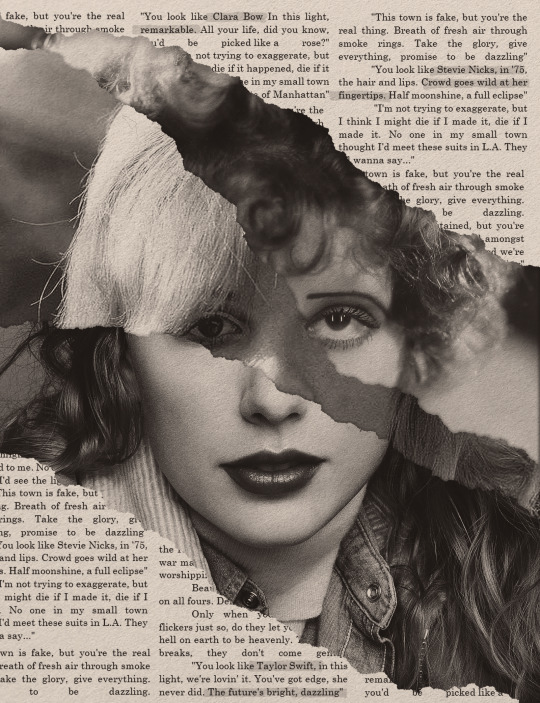
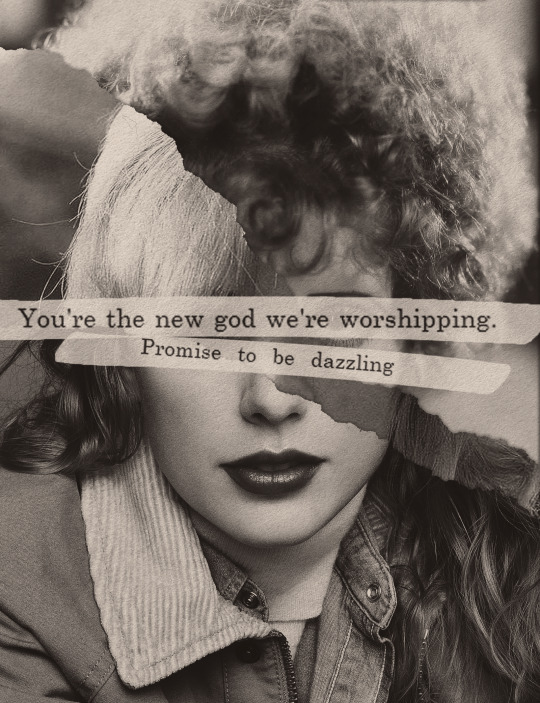
Only when your girlish glow,
flickers just so,
do they let you know:
It's hell on earth to be heavenly.
Them's the breaks, they don't come gently.
Clara Bow - The Tortured Poets Department (2024)
4K notes
·
View notes
Photo

#dyke harry lime & dyke holly martins in....the third woman#<-prev. this is everything to me#lesbianism#the third man
41K notes
·
View notes
Text




















some of my favorite replies to this tweet. happy lesbian visibility week!
18K notes
·
View notes
Note
Advice/hard truths for writers?
The best piece of practical advice I know is a classic from Hemingway (qtd. here):
The most important thing I’ve learned about writing is never write too much at a time… Never pump yourself dry. Leave a little for the next day. The main thing is to know when to stop. Don’t wait till you’ve written yourself out. When you’re still going good and you come to an interesting place and you know what’s going to happen next, that’s the time to stop. Then leave it alone and don’t think about it; let your subconscious mind do the work.
Also, especially if you're young, you should read more than you write. If you're serious about writing, you'll want to write more than you read when you get old; you need, then, to lay the important books as your foundation early. I like this passage from Samuel R. Delany's "Some Advice for the Intermediate and Advanced Creative Writing Student" (collected in both Shorter Views and About Writing):
You need to read Balzac, Stendhal, Flaubert, and Zola; you need to read Austen, Thackeray, the Brontes, Dickens, George Eliot, and Hardy; you need to read Hawthorne, Melville, James, Woolf, Joyce, and Faulkner; you need to read Tolstoy, Dostoyevsky, Turgenev, Goncherov, Gogol, Bely, Khlebnikov, and Flaubert; you need to read Stephen Crane, Mark Twain, Edward Dahlberg, John Steinbeck, Jean Rhys, Glenway Wescott, John O'Hara, James Gould Cozzens, Angus Wilson, Patrick White, Alexander Trocchi, Iris Murdoch, Graham Greene, Evelyn Waugh, Anthony Powell, Vladimir Nabokov; you need to read Nella Larsen, Knut Hamsun, Edwin Demby, Saul Bellow, Lawrence Durrell, John Updike, John Barth, Philip Roth, Coleman Dowell, William Gaddis, William Gass, Marguerite Young, Thomas Pynchon, Paul West, Bertha Harris, Melvin Dixon, Daryll Pinckney, Darryl Ponicsan, and John Keene, Jr.; you need to read Thomas M. Disch, Joanna Russ, Richard Powers, Carroll Maso, Edmund White, Jayne Ann Phillips, Robert Gluck, and Julian Barnes—you need to read them and a whole lot more; you need to read them not so that you will know what they have written about, but so that you can begin to absorb some of the more ambitious models for what the novel can be.
Note: I haven't read every single writer on that list; there are even three I've literally never heard of; I can think of others I'd recommend in place of some he's cited; but still, his general point—that you need to read the major and minor classics—is correct.
The best piece of general advice I know, and not only about writing, comes from Dr. Johnson, The Rambler #63:
The traveller that resolutely follows a rough and winding path, will sooner reach the end of his journey, than he that is always changing his direction, and wastes the hours of day-light in looking for smoother ground and shorter passages.
I've known too many young writers over the years who sabotaged themselves by overthinking and therefore never finishing or sharing their projects; this stems, I assume, from a lack of self-trust or, more grandly, trust in the universe (the Muses, God, etc.). But what professors always tell Ph.D. students about dissertations is also true of novels, stories, poems, plays, comic books, screenplays, etc: There are only two kinds of dissertations—finished and unfinished. Relatedly, this is the age of online—an age when 20th-century institutions are collapsing, and 21st-century ones have not yet been invented. Unless you have serious connections in New York or Iowa, publish your work yourself and don't bother with the gatekeepers.
Other than the above, I find most writing advice useless because over-generalized or else stemming from arbitrary culture-specific or field-specific biases, e.g., Orwell's extremely English and extremely journalistic strictures, not necessarily germane to the non-English or non-journalistic writer. "Don't use adverbs," they always say. Why the hell shouldn't I? It's absurd. "Show, don't tell," they insist. Fine for the aforementioned Orwell and Hemingway, but irrelevant to Edith Wharton and Thomas Mann. Freytag's Pyramid? Spare me. Every new book is a leap in the dark. Your project may be singular; you may need to make your own map as your traverse the unexplored territory.
Hard truths? There's one. I know it's a hard truth because I hesitate even to type it. It will insult our faith in egalitarianism and the rewards of earnest labor. And yet, I suspect the hard truth is this: ineffables like inspiration and genius count for a lot. If they didn't, if application were all it took, then everybody would write works of genius all day long. But even the greatest geniuses usually only got the gift of one or two all-time great work. This doesn't have to be a counsel of despair, though: you can always try to place yourself wherever you think lightning is likeliest to strike. That's what I do, anyway. Good luck!
#there's no way around it—if you aren't reading then you're stagnating#<-prev and evergreen and foundational#reading#writing
311 notes
·
View notes
Text
youtube

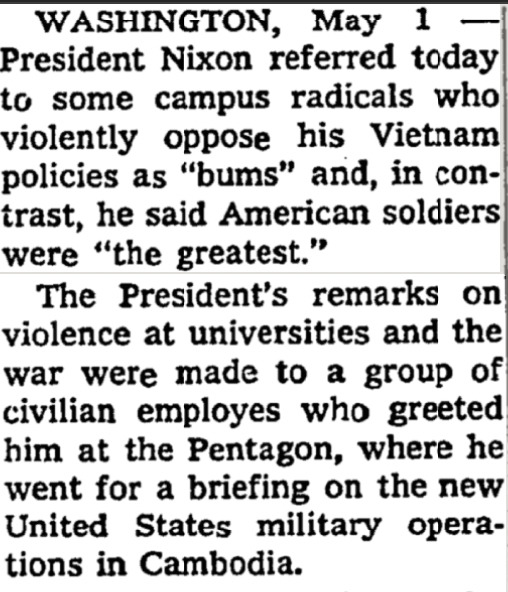
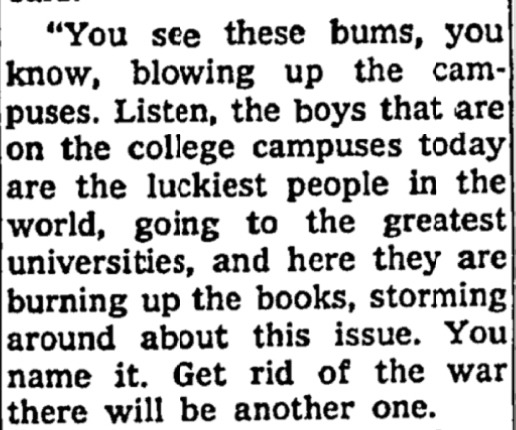
(x)

(x)
all the calls for the national guard to be deployed amid cop violence on campus are driving us towards something like this. note how similar the attitudes were
385 notes
·
View notes
Text
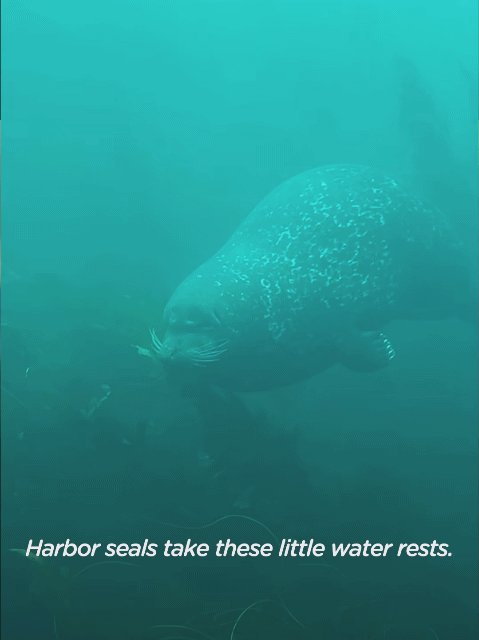
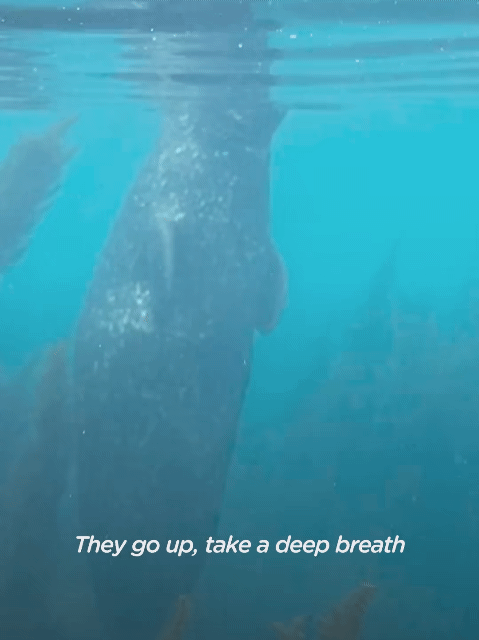
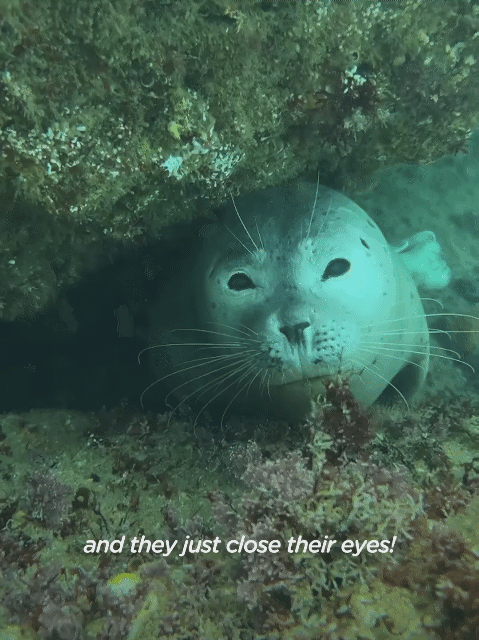
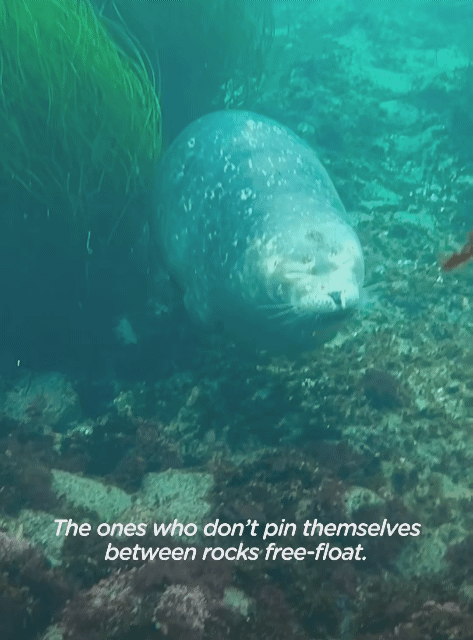
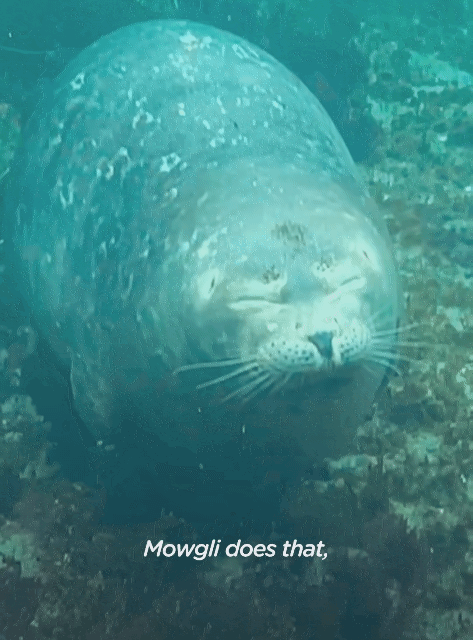
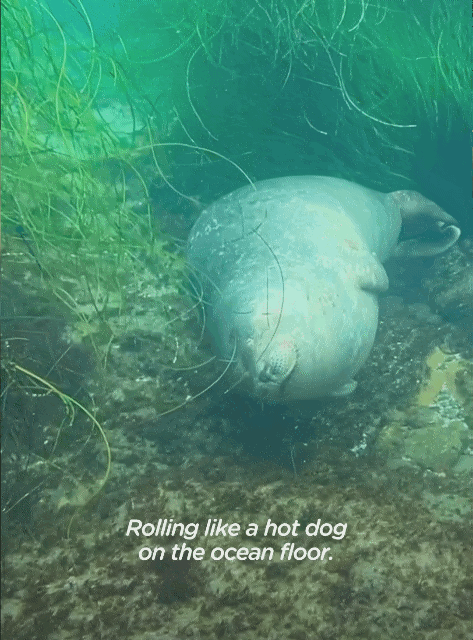
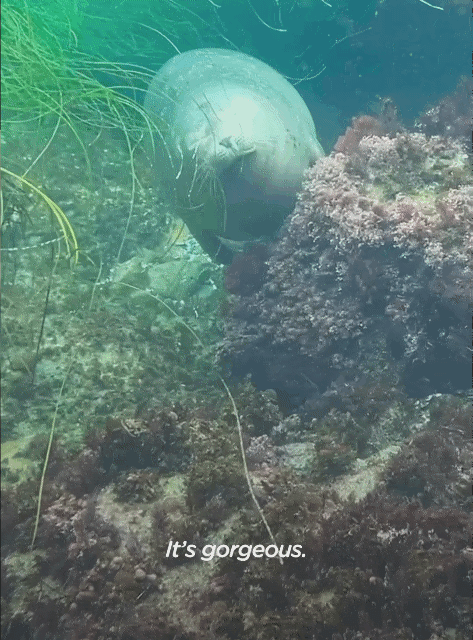
https://fb.watch/mjDHL25iin/?mibextid=Nif5oz
68K notes
·
View notes
Text
new poll. are you going to marry a passionate antistratfordian who nonetheless loves the works, or someone who doesn't like shakespeare at all but understands he was real
#anti stradfordian so we can go to the theatre and discuss the text with deep enjoyment afterwards#only for our conversation to inevitable descend into a passionate argument about the existence of shakespeare#we are well known by the waiters in all the restaurants in the theatre district#we tip extraordinarily well so they are entertained — rather than soulsucked — by our vicious fighting#eventually we spill out into the street and physically attack each other#then go home and bandage each other up and then back to the theatre the next evening#and to the naysayers who tell me to leave my beautiful antistratfordian wife i can only say: love is love.
337 notes
·
View notes
Text
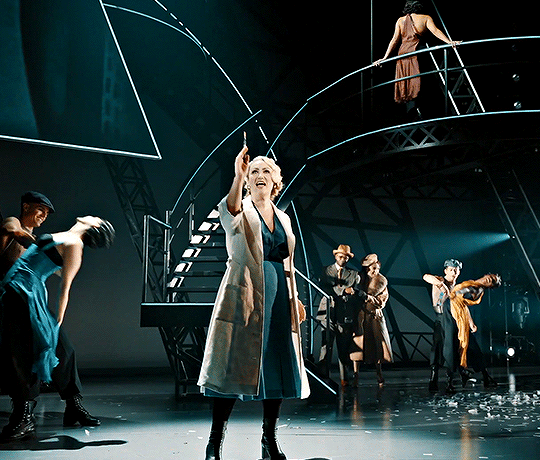

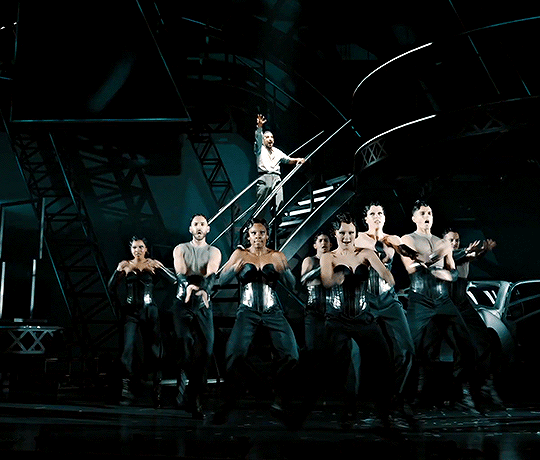


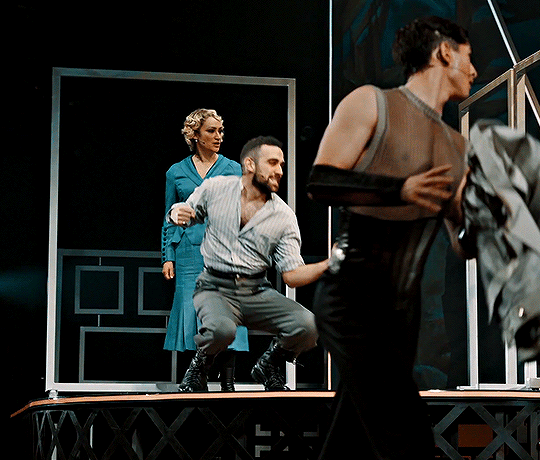
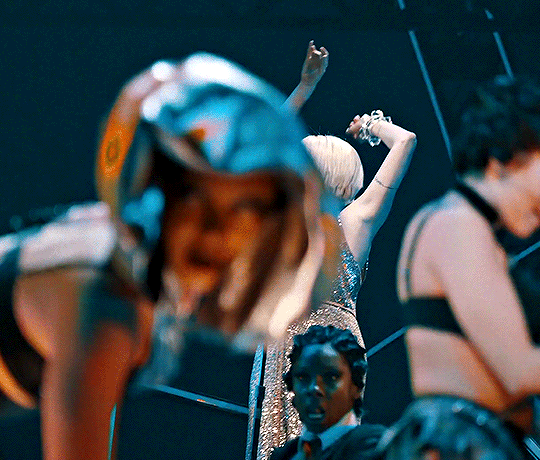
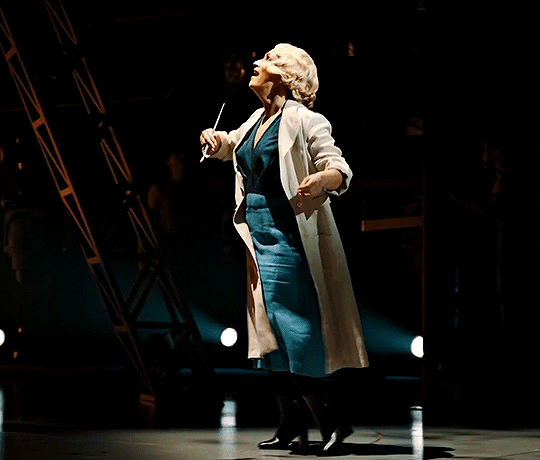
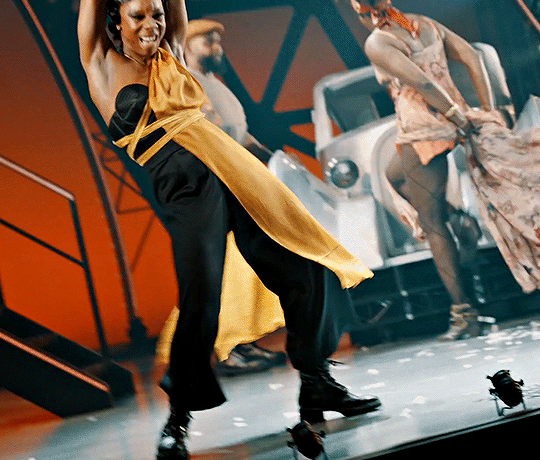

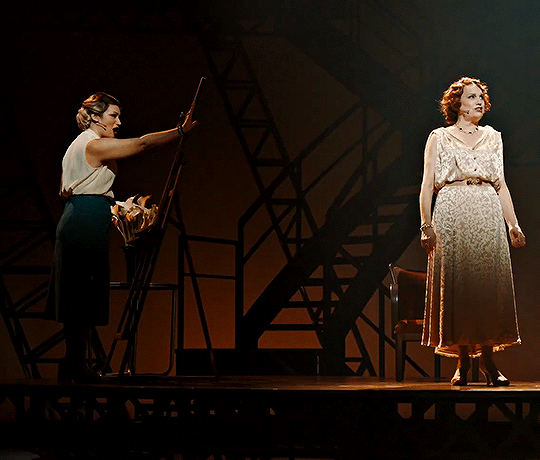

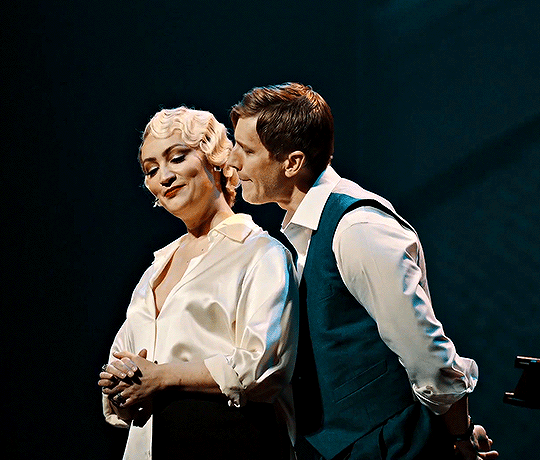
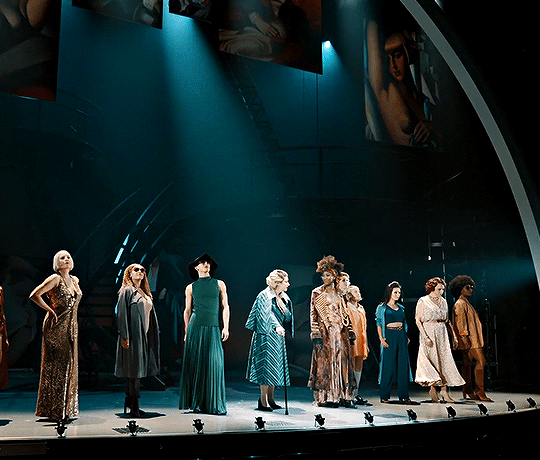
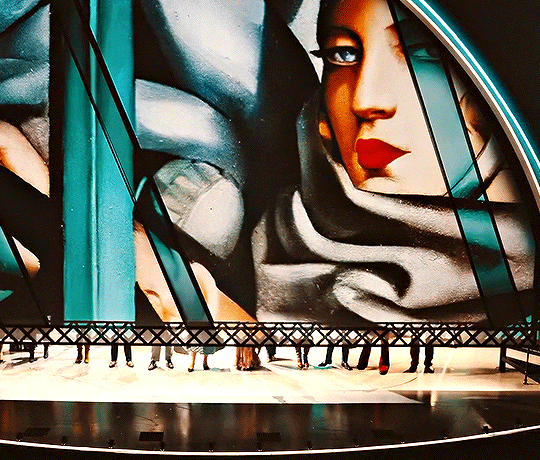
We do not control the world
We control one flat rectangle of canvas at a time
LEMPICKA (2024)
138 notes
·
View notes
Text
if the world was a just place, George Abud would have the same smallish but rabid fandom that Raúl Esparza (rightfully) has. and there would be a high quality boot of him doing “Paris will always be Paris” from Lempicka. and I would watch it every day.
#george abud#lempicka#if there is in fact a george abud fandom i am prepared to fill out an application to join
5 notes
·
View notes
Note
I love the love between padme and anakin (dysfunctional as it is, im a sucker for this all-consuming brand of obsession and love and devotion). But i can NOT for the life of me understand narratively, in terms of her character, what it was that makes padme feel that way.
Maybe it's my lack of star wars Lore Knowledge. it's so clearcut why anakin would be so attached to padme. idrk why she's the same way? i trust your understanding of the characters n also u actually seem to like padme as a character and care about her characterization,, so i am hopeful you'll have some insight pretty please
i don't think you're alone, i get some variation of this ask about once a month or so. george lucas doesn't really favor subtle storytelling; if the characters don't blatantly vomit their feelings at some point, or if we're not hit with the symbolic anvil, those feelings really don't make it into the narrative, and this kind of leaves padme's story, her internal feelings and life, kind of grounds for speculation. lucas never really bothers with one of the primary aspects of his story - padme's feelings about anakin - in any in-depth way, because, let's just be honest here, icky when women have feelings, you know? i'll explain what i see.
first, the thing that i think gets underplayed or left out weirdly often is that anakin and padme a) meet in the context of him being enslaved, and b) by the end of their time together in the first episode, anakin is directly responsible for helping her end the blockade of naboo. this is often overlooked as context for their relationship because everything prior to AOTC is discounted due to the fact that anakin is a child, however i think it's important to remember that this history would change padme's perspective on anakin enormously. padme's position in TPM is agonizing; she's a queen forced to abandon her people and beg a slow, corrupt system for any help she can get, and it doesn't work. the galactic structures in place to help her are glacially slow and don't care about the suffering of the people she's directly responsible for. in a situation where padme must feel almost entirely alone, this random kid who has nothing is kind to her.
anakin doesn't race in the boonta eve classic to free himself; he does it to help padme, qui-gon, and jar jar get off of tatooine. she watches people die horribly in violent explosions during the course of that race, knowing that this is a kid younger than she is (and she's incredibly young herself) with nothing to his name, not even his body. in a galaxy where the duly appointed leaders refuse to help her and alleviate the suffering of her people, this random nine year old does. in a galaxy where the senate as institution sits on its hands, anakin - with no training, experience, or skills - is critical to the end of the blockade. i can't emphasize enough that padme has been groomed into a political position, and her entire life has been about serving her people, and the suffering the blockade induced - i mean, there's mention of people being dragged into camps - would have affected her personally. we see glimpses of that in her anger, her determination, and in one of my literal favorite padme scenes ever, that time she's a really sulky fourteen year old and goes WELL THE QUEEN WOULDN'T LIKE THAT >:( at qui-gon while she's posing as a handmaiden. she's so cute, help.
the context they see each other again in AOTC isn't two near-strangers seeing each other again, it's padme seeing someone who, in a galaxy that seemed almost entirely against her, was in her corner. and not only in her corner, but was insanely vital to that effort. he helped her save a couple million people. it was a blockade of an entire planet. that would change how you think of someone; in the same way that anakin remembers padme for that quiet moment where she asked him if he missed his mother, padme remembers anakin as someone so willing to lay down his life to help her, he is actually casual about it. and as skeptical as she was (the queen wouldn't like that! god i love her!) he didn't fail her when seemingly everyone else did.
that's why i don't find it that unbelievable that padme would have a connection with him despite how unabashedly weird he is throughout AOTC. she has the best of assumptions. in such a context, anakin's unabashed weirdness - the fact that he argues with obi-wan, stammers about how pretty she is, babbles about how life is so unfair - becomes a kind of earnestness. padme lives a life where she's frequently lied to and is lying, and we see, at the very beginning of AOTC, the effect this deception has on her - corde dies in her arms, sobbing apologies for failing her. this is gutting, emotionally, and a critical piece of padme's mental landscape going into the rest of the film. critically, corde dies because she's posing as padme. it's a form of deception, although necessary. star wars also codes politics as being inherently shady; padme has, in fact, already been lied to and manipulated by palpatine. padme's life, as a person with power, is filled with people who will do anything to either crush it, take it, or exist close to it. in a life where these deceptions have such brutal consequences, anakin is genuine to the point of constantly embarrassing himself in front of her.
this is where i would argue that anakin's complete inability to be normal was the thing that actually mattered the most to padme, rather than being this roadblock she has to mentally overcome in order to take the plunge. everyone's been theorizing incorrectly about this the entire time. anakin, critically, does not get less weird; i think it's important that he demonstrably listens to her boundaries, like when she tells him to stop looking at her like that, he does. she initiates their kisses, not him. but he does very much go YOU'RE ASKING ME TO BE RATIONAL, AND THAT IS SOMETHING I KNOW I CANNOT DO!!!! he never loses that earnestness, to the point where i am convinced he actually has no idea how many social faux pas he's added to his social faux pas counter throughout the film. he has no idea he's being odd. he's just being anakin. but, again, earnestness is the point. anakin not lying to her is the point. this is what, to padme, would be new, and refreshing - her career is filled with profoundly good orators, people who have mastered manipulative speech, and this guy goes, "i don't like sand," and just leaves that on the table! no follow up. he just doesn't like sand, simple as.
there's another aspect of this; unfortunately for us all, anakin's doofus behavior is deeply funny. padme visibly enjoys it. he does stupid shit, like trying to surf on a space cow, and then fakes unconsciousness to mess with her. they have a goofy picnic where anakin's like i'm not teasing you but i'm also so teasing you. he uses the force to float a pear to show off. these are childish behaviors, but, critically, padme laughs at all of these. in every scene outside of anakin, padme is a deeply, deeply serious person - her voice is strict, her manner is strict, her manner isn't unkind but she isn't given to wanton joy. but in these scenes with anakin, at points she almost seems overwhelmed with humor - they literally frolic in a field of flowers. for padme, who just lost someone dear to her, whose life has become so stressful that it necessitates a wizard bodyguard, interacting with anakin must be a relief; he listens to her, says every thought in his damn head like a complete fool, and is fun to laugh with. with the background that he has with her - a tragic story she's deeply sympathetic towards, that he somehow overcame just when she needed it - and clear physical attraction (sorry, guys, "my, you've grown," is just as profoundly awkward as the beautiful for a senator bit, we just need to accept that) we're ready to light the theoretical match.
AOTC happens in the context of padme losing someone close to her because of their devotion to her, and bawling apologies to her with their literal last breath. AOTC is a movie where padme's guilt about that is the unspoken undercurrent; i truly think guilt burns her alive in this film, and when shmi, a woman who had opened her meager quarters to padme in the past, who explicitly suffered more because anakin went to specifically padme's aid, dies, i think padme's response is guilt. she is constantly in the position of being the person others are suffering for. (needless to say, anakin's actions in ROTS are the ultimate betrayal of padme in many ways.) the reason padme responds with empathy to anakin's confession is because she is currently living with the guilt of someone she loves dying because of her actions. i don't think she ever thinks anakin's actions were good or moral; i think padme believes it could never happen again, because there is simply no one else in the universe anakin loves more than his mother, and frankly, at that time, this was true. padme doesn't have foresight, and personally i think she's quick to discount her emotional importance to other people because her life simply doesn't allow for a lot of those personal connections - she doesn't know anakin will be similarly motivated to do some murders in her name, someday. we, the audience, project that onto her, assume that she should know that, but she doesn't and shouldn't.
this is why i also think padme's enthusiasm to go rescue obi-wan is as forceful as it is - anakin is all but confessing that he can't go save obi-wan because it would deviate from his current mission, but padme must be completely exhausted of people suffering in her name. she must be completely exhausted of simply being the witness. i think her emotions in AOTC build quietly into this tangled mess, and then geonosis, the fear of potentially losing anakin, too, really closes the deal on padme's end - she's officially willing to hold on no matter what, because anakin has proven to be special enough in her life that she wants to keep him in it. long story short padme is literally moronsexual.
#god this is so good. and all of it despite george lucas' best efforts.#star wars#padme amidala#anidala#meta
451 notes
·
View notes
Text

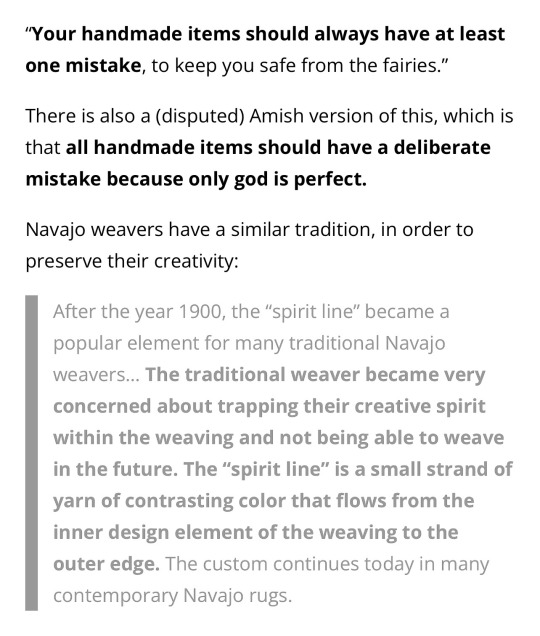
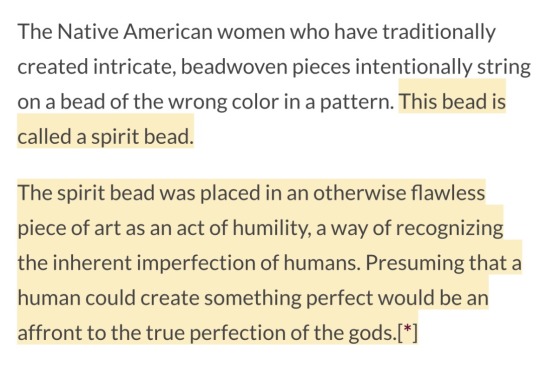


Collection
#crafts#textiles#life is a rich tapestry#not to brag but... heh... i do this effortlessly in all my projects#guess it just comes natural to me
87K notes
·
View notes
Text
if the universe were not so cruel the "Tailor Swift" would be a beautiful bird that elegantly sews its nest together
9K notes
·
View notes
Text

absolutely incredible shit going on in circles of the internet I don’t even know about
9K notes
·
View notes
Text


overstimulated and anxious at the zoo until I looked up and saw an angel dancing in a beam of light
16K notes
·
View notes
Text
“Speak not of what men deserve. For we each of us deserve everything, every luxury that was ever piled in the tombs of the dead kings, and we each of us deserve nothing, not a mouthful of bread in hunger. Have we not eaten while another starved? Will you punish us for that? Will you reward us for the virtue of starving while others ate? No man earns punishment, no man earns reward. Free your mind of the idea of deserving, the idea of earning, and you will begin to be able to think.”
— Ursula K. LeGuin, The Dispossessed.
(via outlawpoet)
21K notes
·
View notes
